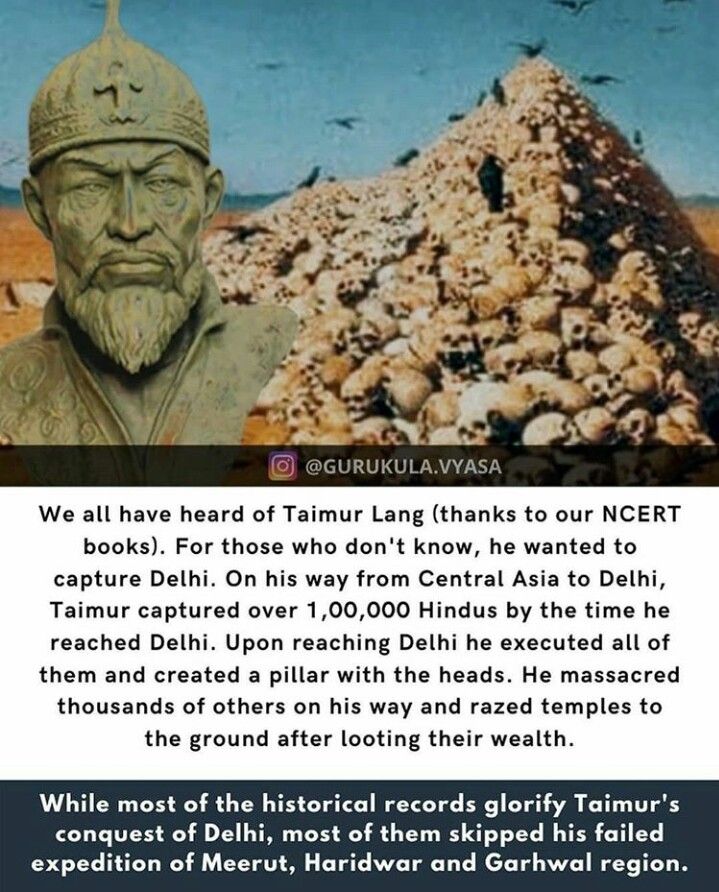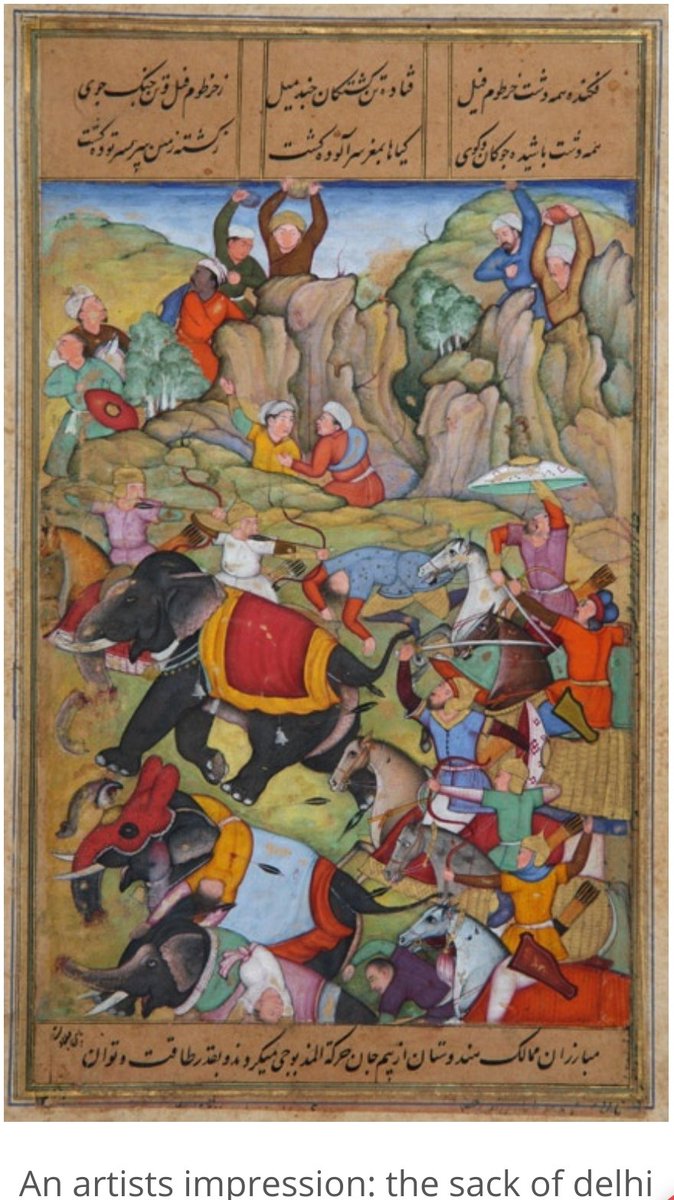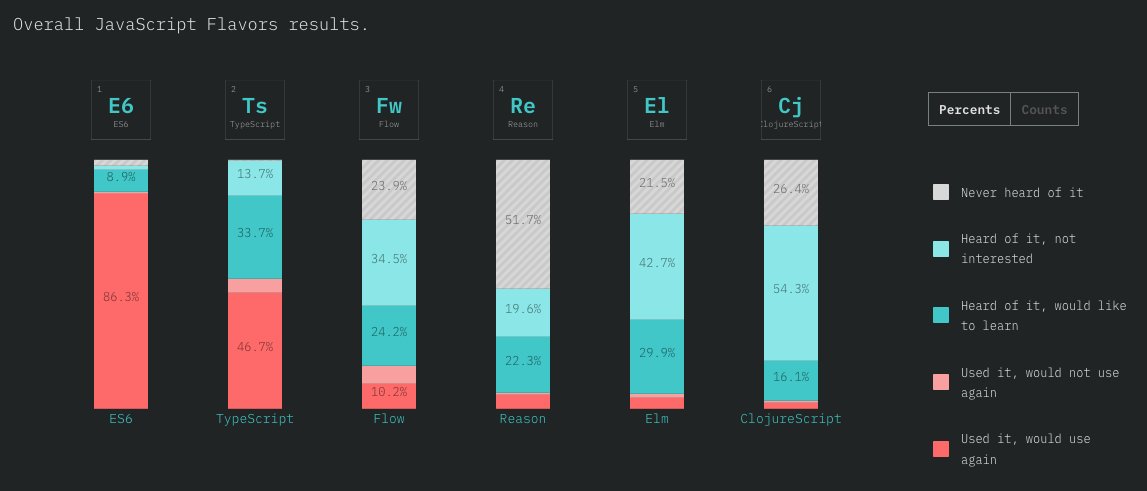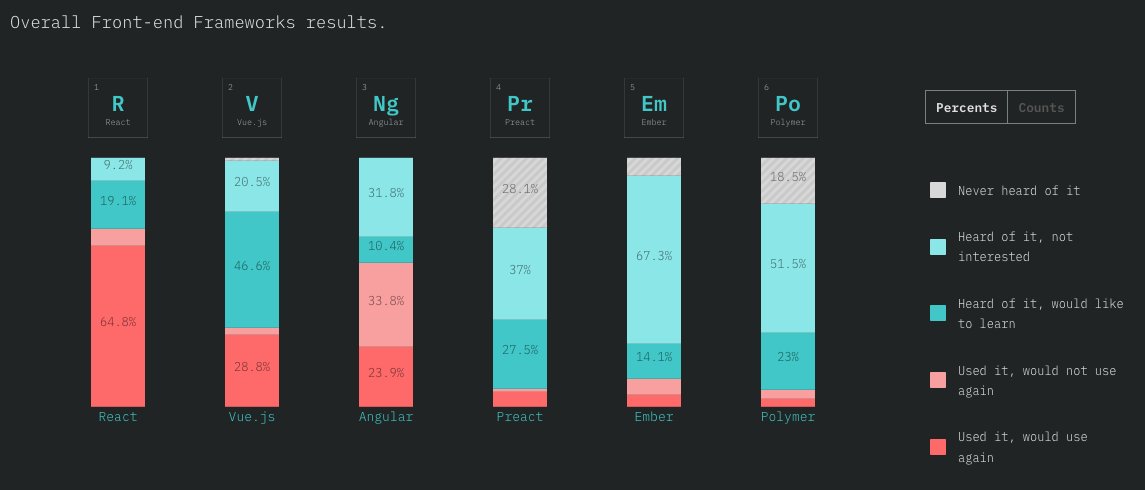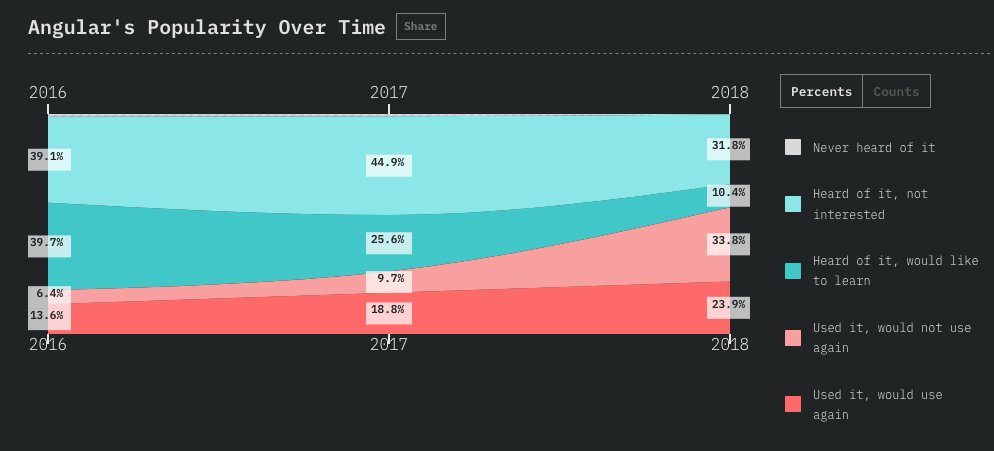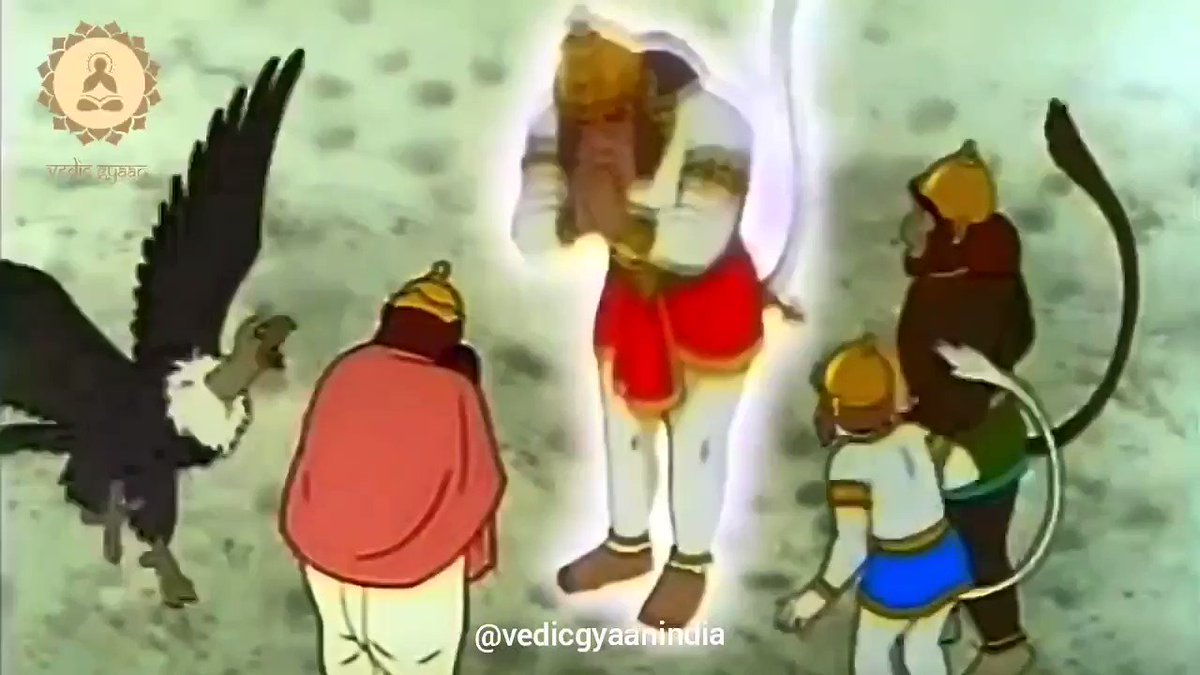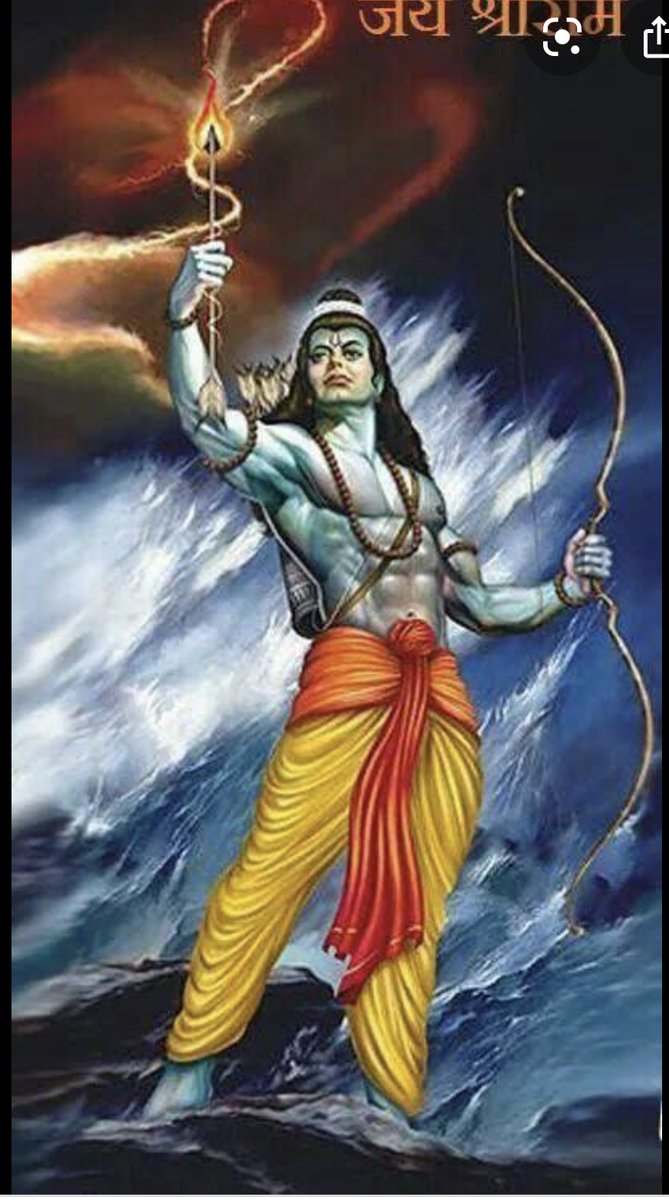IRCTC
Sept 21 -
MF Holds 5%
Retail investors hod 14%
No of Retail investors - 8.66
Dec 21 -
MF Holds 0.5%
Retail investors hod 19%
No of Retail investors - 20.33lacs ☠️☠️
Classic case of Pump and Dump 🙅🏻♂️
More from Pump dump
The Wall Street Bets due diligence on Wendy’s is gold.
The catalysts are:
◻️ The release of a new summer salad
◻️ The @Wendys Twitter account, which has mastered “meta pragmatic roasting” (which is effective with younger people)
◻️ The fact it literally sells chicken tendies

OP:
Here’s a more fundamentals-driven analysis of Wendy’s
https://t.co/A2k19S9M7J
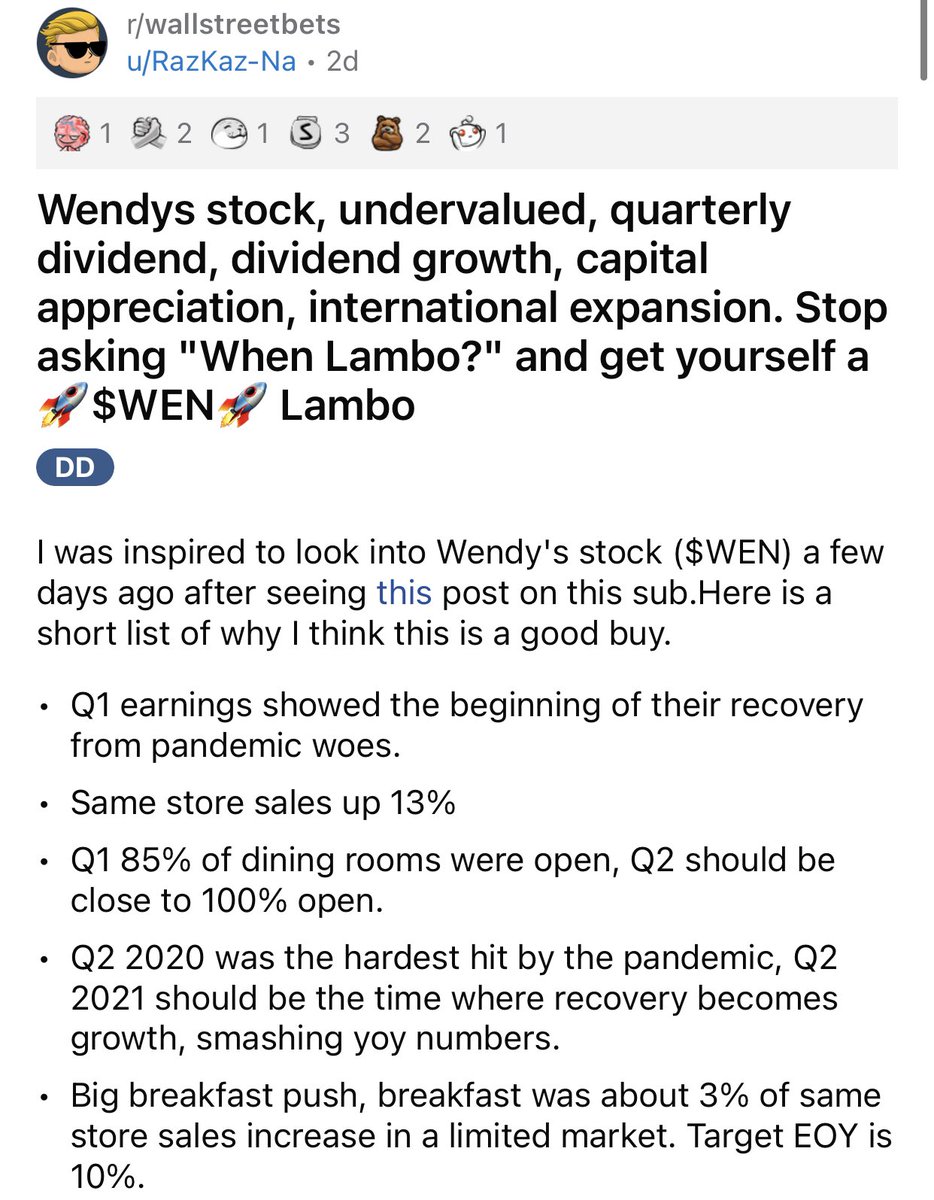
😂😂😂
Further Wendy’s analysis from @CliffordAsness !!

The catalysts are:
◻️ The release of a new summer salad
◻️ The @Wendys Twitter account, which has mastered “meta pragmatic roasting” (which is effective with younger people)
◻️ The fact it literally sells chicken tendies

OP:
Here’s a more fundamentals-driven analysis of Wendy’s
https://t.co/A2k19S9M7J

😂😂😂
\u201cThe name of the company is Wendy\u2019s International $WEN. It is a cutting edge high tech firm out of rural Ohio that is awaiting imminent patent approval on the next generation of summer salads that have both huge military and civilian applications.\u201d pic.twitter.com/qmk4hkKL3N
— u/1ronyman (@1ronyman1) June 8, 2021
Further Wendy’s analysis from @CliffordAsness !!











